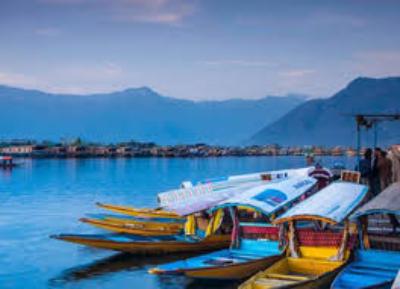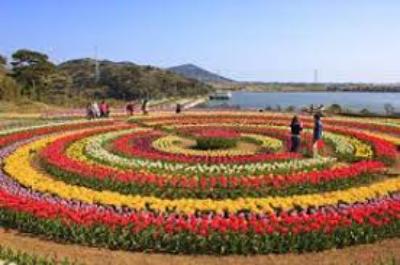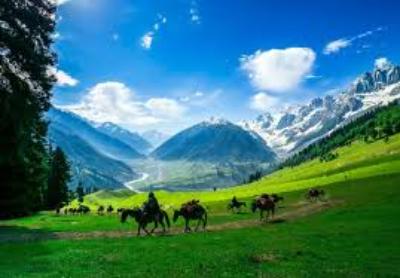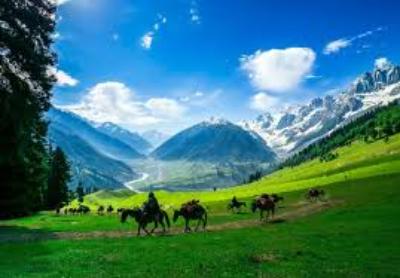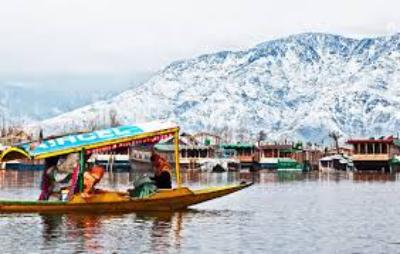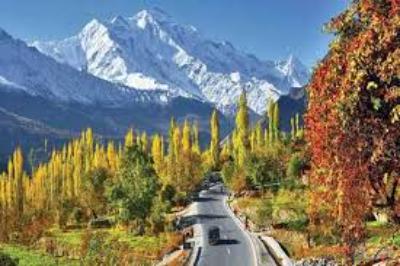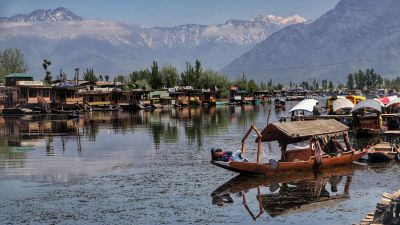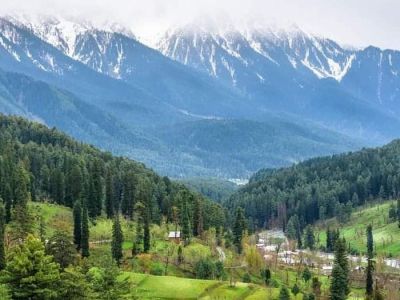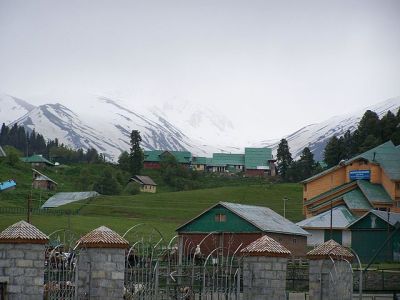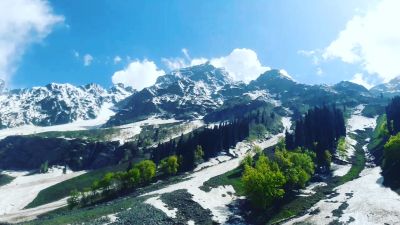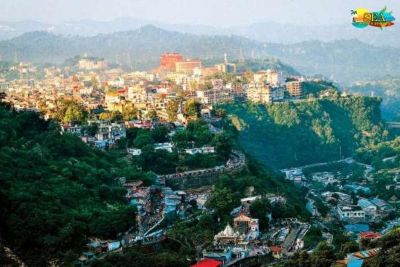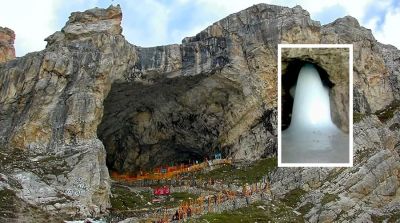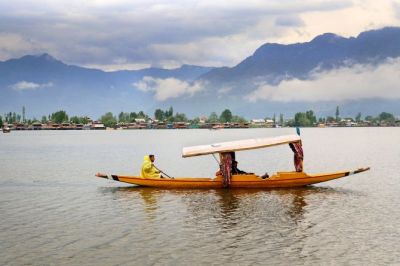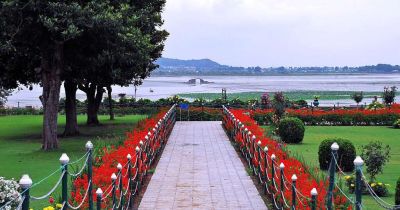Discovering the Trade Routes: Srinagar as a Historic Trading Center
Srinagar, the summer capital of Jammu and Kashmir, is not just a scenic paradise but also a city rich in history and culture. Situated in the beautiful Kashmir Valley, the city has been a center of trade for centuries. Its strategic location at the crossroads of various trade routes made it a hub for commerce and a melting pot of diverse cultures. In this blog post, we will take a journey through the history of Srinagar as a historic trading center, exploring the trade routes that shaped its growth and influence.
The Silk Road and Srinagar
Srinagar's importance as a trading center can be traced back to the ancient Silk Road. The Silk Road was a network of trade routes that connected the East and West, facilitating the exchange of goods, ideas, and cultures. Srinagar, with its location in the Kashmir Valley, became an important part of this trade route. It served as a gateway between India, Central Asia, and China.
The Silk Road brought a myriad of goods to Srinagar, including silk, spices, precious stones, and exotic fruits. Traders from distant lands would journey through treacherous mountain passes to reach Srinagar, where they would exchange their goods for local produce such as saffron, dried fruits, and exquisite handicrafts.
The River Jhelum and Srinagar's Waterways
The trade routes of Srinagar were not just limited to overland trade. The city's lifeline, the River Jhelum, played a vital role in connecting it with other regions. The river, with its gentle flow through the city, allowed for easy transportation of goods via traditional Kashmiri boats called shikaras.
The shikaras, known for their distinctive design and vibrant colors, would carry various commodities, including wood, handicrafts, and agricultural produce, along the river. These waterways were essential for the growth of Srinagar's trade network, enabling traders to reach even the remotest corners of the region.
Srinagar: The Hub of the Carpet Trade
One of the most prominent trade industries in Srinagar was the carpet trade. The art of carpet weaving has been practiced in Kashmir for centuries, with Srinagar emerging as the center of this craft. The city's skilled craftsmen created intricately woven carpets that were in high demand across the world.
Srinagar's trade routes facilitated the export of these exquisite carpets to places like Persia, Europe, and Central Asia. Traders from these regions would travel to Srinagar to trade for these luxurious carpets, which were considered a symbol of wealth and prestige.
The Influence of Trade on Srinagar's Culture
The trade routes that passed through Srinagar not only brought economic prosperity to the city but also influenced its culture and way of life. The exchange of goods and ideas with different regions contributed to the development of a unique blend of traditions, art forms, and cuisine in Srinagar.
For example, the cuisine of Srinagar reflects the influences of Central Asian and Persian cuisines, with dishes like Rogan Josh and Yakhni Pulao becoming local favorites. Similarly, the arts and crafts of Srinagar, including papier-mâché, wood carving, and embroidery, bear the traces of various cultural influences.
The Decline and Revival of Srinagar's Trading Importance
In the modern era, the trading importance of Srinagar witnessed a decline due to political unrest and conflicts in the region. However, efforts have been made to revive its trading heritage and restore its position as a commercial hub.
The government has taken steps to promote handicrafts, tourism, and horticulture as key sectors of the local economy. The city's famous floating vegetable and flower markets on Dal Lake attract visitors from far and wide, making it a vibrant center of trade once again.
Conclusion
Srinagar's history as a historic trading center is a testament to its enduring significance in the region. The city's strategic location, vibrant culture, and rich heritage have made it a melting pot of diverse traditions and a center of commerce. Exploring the trade routes of Srinagar offers a fascinating glimpse into the city's past and its role in shaping the world. So, next time you visit Srinagar, take a moment to appreciate its historic trading legacy and the impact it has had on the city's identity.
Share this blog post with your fellow travel enthusiasts to spread the word about Srinagar's historic trading importance!
Disclaimer : The information provided in this blog is for general informational purposes only. While we strive to keep the content accurate and updated, TravelSetu assumes no liability for errors or omissions. If you believe any part of this blog infringes your rights or causes concern, please notify us immediately at info[at]travelsetu[dot]com so that appropriate action can be taken.
